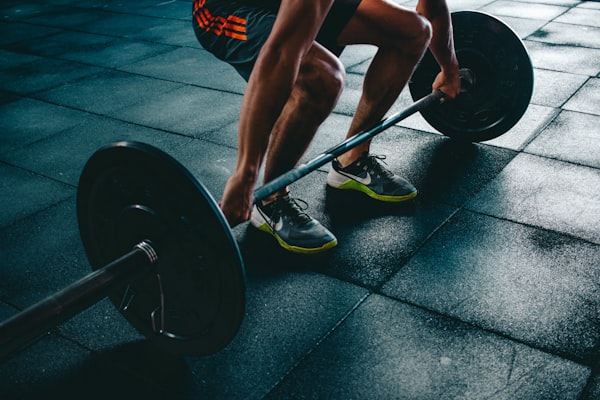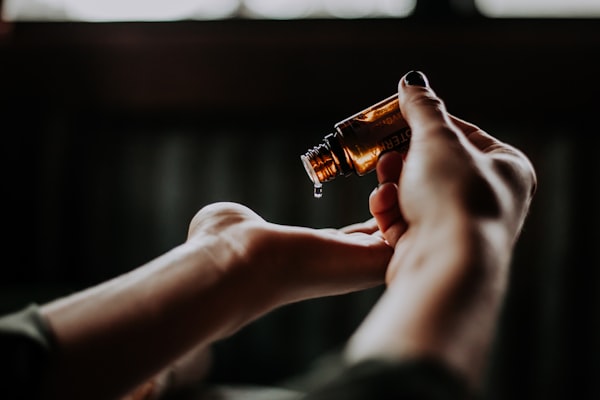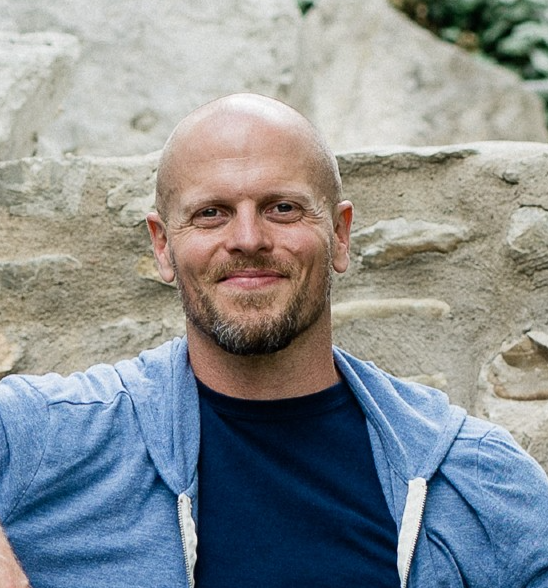
NEW
Andrew Huberman is a renowned neuroscientist, associate professor of neurobiology and ophthalmology at Stanford University School of Medicine, and host of the popular science podcast The Huberman Lab. He is known for his engaging and accessible explanations of cutting-edge neuroscience research, which he applies to practical topics such as sleep, concentration, motivation, and physical and mental performance. This routine covers how he stays productive throughout the day, his workout routine, what he eats and his highly optimised sleep routine.

Boost Your Confidence

Creativity Boosting Routine

Essential Habits Routine

Fitness for Busy Professionals

Huberman's daily routine

James Clear's morning routine

Learn New Language

Morning Energy Boosters

Morning Skincare Routine

Nighttime Nourishing Routine

Overcome Procrastination

Productivity Enhancement Routine

Relieve Your Anxiety

Taïna’s “Get Things Done” Routine

Tim Ferriss' Morning Routine